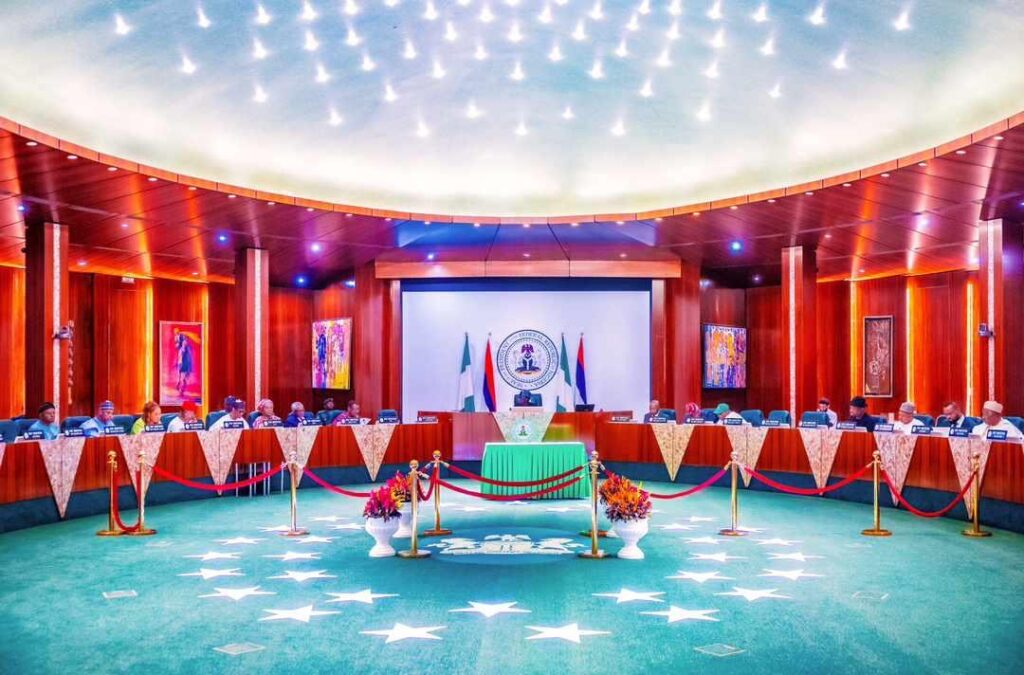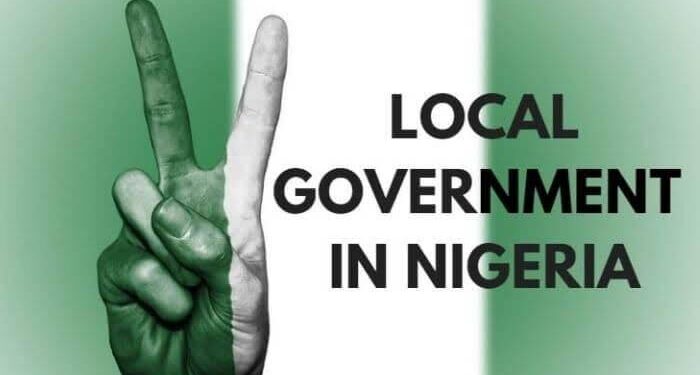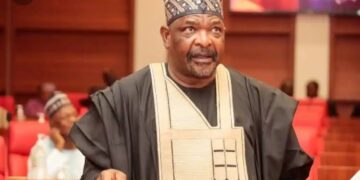The Federal Government and State Governors have reportedly agreed to a three-month moratorium on the implementation of Local Government autonomy. This decision is attributed to concerns regarding the potential impact of autonomy on salary payments and the operational viability of local governments.
The development suggests that local governments may have to wait until October before the implementation of the law, which would enable the direct payment of funds into their respective accounts. On July 11, 2024, the Supreme Court delivered a landmark judgment affirming the financial autonomy of the 774 Local Government Areas (LGAs) in the country.

The court ruled that governors could no longer control the funds meant for the councils and directed the Accountant-General of the Federation to pay LGA allocations directly to their accounts. The apex court also declared the non-remittance of funds by the 36 states as unconstitutional.
Under the administration of former President Muhammadu Buhari, the Nigerian Financial Intelligence Unit (NFIU) issued a regulation, effective from June 1, 2019, which prohibited transactions on State and Local Governments Joint Accounts.
This regulation mandated the direct transfer of funds to the accounts of local governments. It also limited cash withdrawals from local government accounts to a maximum of N500,000 per day, with penalties for banks that failed to comply. However, the Nigerian Governors’ Forum, representing the 36 state governors, opposed this regulation, and the NFIU eventually capitulated.
The Attorney-General of the Federation, Lateef Fagbemi (SAN), filed a suit marked SC/CV/343/2024 at the Supreme Court in May 2024. The suit aimed to strengthen the autonomy of the local government areas as guaranteed by the constitution. It sought to prevent state governors from unilaterally dissolving democratically elected local government councils and establishing caretaker committees, actions that violate constitutional provisions. The AGF argued that the constitution mandates a democratically elected local government system and does not allow alternative governance structures.

The suit also requested that the funds from the Federation Account be channeled directly to local governments, bypassing the allegedly unlawful joint accounts managed by state governors. The Federal Government also sought an injunction to prevent governors and their agents from receiving or spending local government funds without a democratically elected local government system in place. It contended that the governors’ failure to establish such a system constitutes a deliberate subversion of the 1999 Constitution.
The Supreme Court heard the parties to the case on June 13, with the state governments, through their respective attorneys-general, opposing the suit. This was the prelude to the Supreme Court judgment of last Thursday, July 11, 2024, which has now affirmed the financial autonomy of Nigeria’s 774 local governments.
In the unanimous judgment of its seven-member panel, the Supreme Court upheld the suit brought by the federal government to strengthen the independence of local governments in the country. A member of the panel, Emmanuel Agim, who delivered the court’s lead judgment, held that the local governments across the country should henceforth receive their allocations directly from the Accountant-General of the Federation.



































